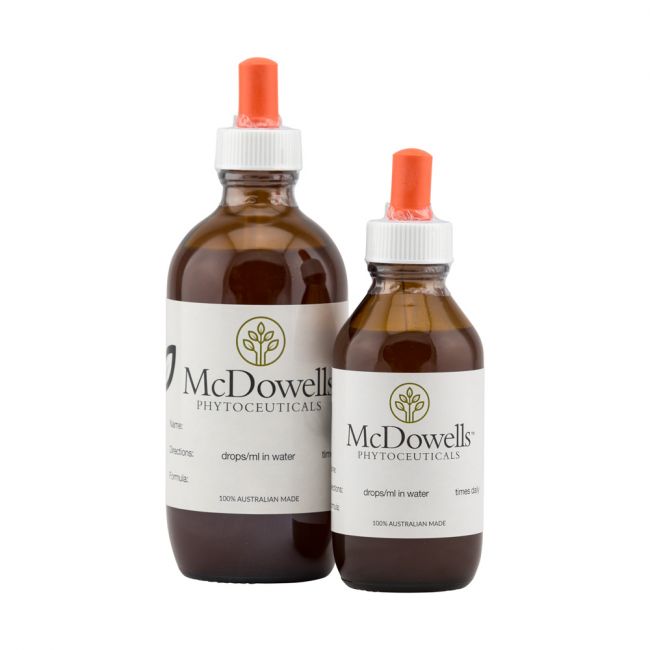Multiple Sclerosis is a chronic degenerative disease in which gradual destruction of the myelin sheath protecting the nerves occurs in patches throughout the spinal cord of the central nervous system, affecting transmission of electrical signals to nerve cells and causing muscular weakness and loss of coordination..

It is a disease found only in humans which seems to affect more women than men and usually appears between the ages of 15-45. It is thought to be triggered when immune cells are able to pass through the normally impenetrable blood brain barrier into the central nervous system and begin to attack the myelin. A previous broad spectrum immune reaction may have damaged or compromised the blood brain barrier while in the process of attacking other foreign matter.
In general, any genetic susceptibility appears to remain dormant unless triggered by one or more factors, including infections, food allergies, and nutritional deficiencies.
Major factors
- Antigenic diet that includes foods that cause immune reactions in some people predisposed to MS, such as wheat, milk, eggs, and foods high in saturated fats.
- Malabsorption problems, minerals, vitamins, and other nutrients are poorly absorbed from the food.
- Infections. Viruses.It appears that chronic infections, such as with some forms of the herpes virus or the Epstein-Barr virus, may increase the risk of MS. It is not clear whether viruses actually break down the myelin or that the body's white blood cells may overreact to a perceived threat and attack the myelin.
- Food allergies. The body's immune system should and generally does ignore foreign food proteins (e.g., meat, vegetables) but reacts to other foreign proteins (e.g., viruses and bacteria). Occasionally, in a process called molecular mimicry, harmless proteins are so similar to harmful ones that the body reacts to them. This misguided reaction accounts for many food allergies, and specific immune responses to the casein in milk and gluten in wheat and other grains have been well documented in other diseases.
- Nutrient deficiencies. Research has pointed to a lack of vitamin D and omega-3 fatty acids. The prevalence of MS generally increases among populations living farther from the equator, with the exceptions being among people living at high altitudes (where sun exposure is greater) or in coastal regions (where fish is a dietary staple). Fish oil, particularly those from coldwater fish swimming in extreme latitudes, is rich in both vitamin D and omega-3 fatty acids.
Nutritional Suggestions
- Simple, natural, fresh food diet, meaning, as little processing as possible may help and will likely yield greater benefits in the early, rather than late, stages of MS.
- Low anti-genic diet that is dairy and gluten free.
- Fish oil supplements
- Evening Primrose Oil - Gamma-linolenic acid is known to help soothe inflammation in the body, and to support the body's immune system. Take two 1,300-milligram capsules per day.
- Address Gut Dysbiosis- autoimmune diseases can affect gut microflora. Manipulate existing gut flora by using a Slippery Elm powder or Aloe.
Herbal Support suggestions
This mix contains herbs traditionally used to support the immune system, eliminate viral infections, reduce inflammation and reducing the myelin sheath degradation. Herbs include Echinacea, Evening Primrose Oil, Gingko Biloba, Liquorice, St Johns Wort, Horsetail and Mugwort as well as the Bach Flowers Chestnut Bud, Pine, Holly, Chicory and Water Violet.


